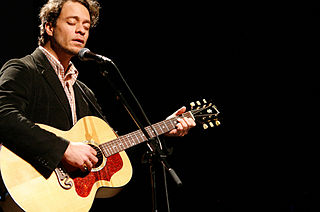A Quote by Bruno Tonioli
When I visit a country, I like to experience local food.
Quote Topics
Related Quotes
Anybody interested in solving, rather than profiting from, the problems of food production and distribution will see that in the long run the safest food supply is a local food supply, not a supply that is dependent on a global economy. Nations and regions within nations must be left free and should be encouraged to develop the local food economies that best suit local needs and local conditions.
I think as individuals, people overrate the virtues of local food. Most of the energy consumption in our food system is not caused by transportation. Sometimes local food is more energy efficient. But often it's not. The strongest case for locavorism is to eat less that's flown on planes, and not to worry about boats.
Let's share our abundance and make our country stronger. We can encourage programs that collect and distribute excess prepared food to local organizations that are helping the hungry in our own communities. We can also support programs that supply commodities to food banks. It's all part of committing our country's wealth and resources to end childhood hunger.
I saw all that [white trash] growing up in Alabama and Georgia. I had a group of country cousins and we'd go visit them when I was a kid. They lived on a red dirt Georgia back road, in a shack, with twelve kids. Farmers. No electricity, they had a well on their back porch, but they had nothing, yet they were the happiest, freest people I'd ever met. I loved to visit them. Great sense of humor, and they kept up with all the latest music, country, rockabilly, that stuff. Great food they grew in the fields and canned. Happy people.
SNAP benefits help local economies because the benefits are spent at local grocery stores - with locally grown and locally-made products. I remember many years ago, while on food stamps, I advocated for the benefits to be spent at local farmers markets - a move that has helped local economies even more.
The other way that you democratize the food movement is through the public school system. If you can pay enough for the school lunch system so that it can actually be cooked and not just microwaved, so that these schools can buy local food, fresh food, because right now it's all frozen and processed, you will improve the health of the students, you will improve the health of the local economy, and you will have better performing students.







































